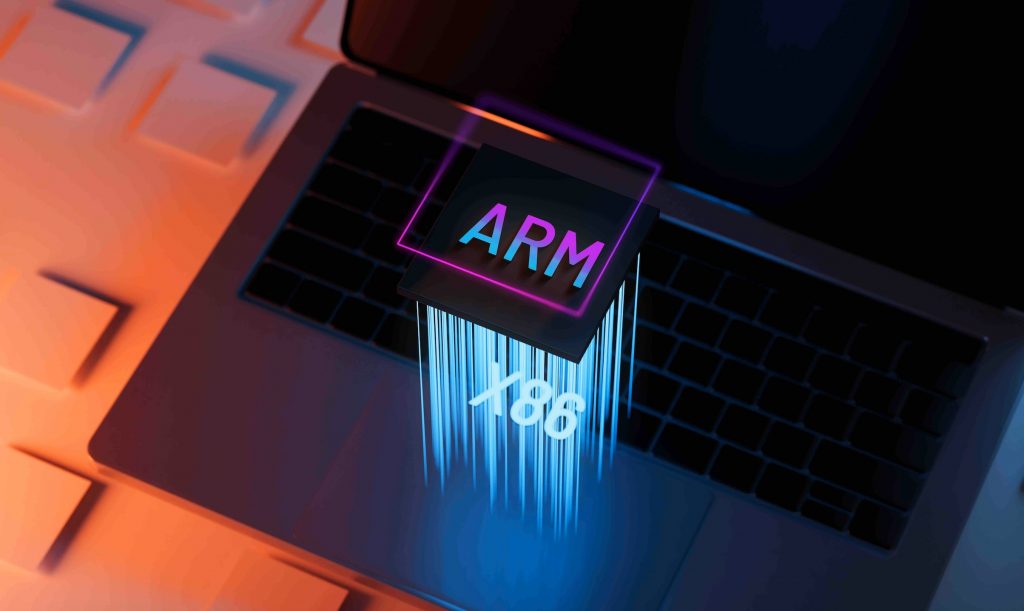How is the desktop marketplace the wrong battlefield for desktop performance/features?
AMD is the one that is targeting the hedt/workstation marketplace but selling them to the desktop marketplace.
"Who would want to buy it when they could get the 5900x? "
Answer, anybody that just needs a desktop PC and not a server.
Well, not the 11900k because that's just a stupid CPU, but 11th gen in general.
Again, you are only seeing things from your position of somebody that needs a lot of computing power, a hedt/server type system.
Most of the market wants the low power features of the iGPU, especially for mobile devices (that some of them do use desktop CPUs now) but even on desktop, being able to sync a movie to any device in super speed without even bothering the CPU and using extremely low power is more appealing to some people then being able to do 3d rendering faster...because nobody in the desktop market does 3D, nobody being the amount of people that buy 5900 and 5950, it's a small amount of people.


